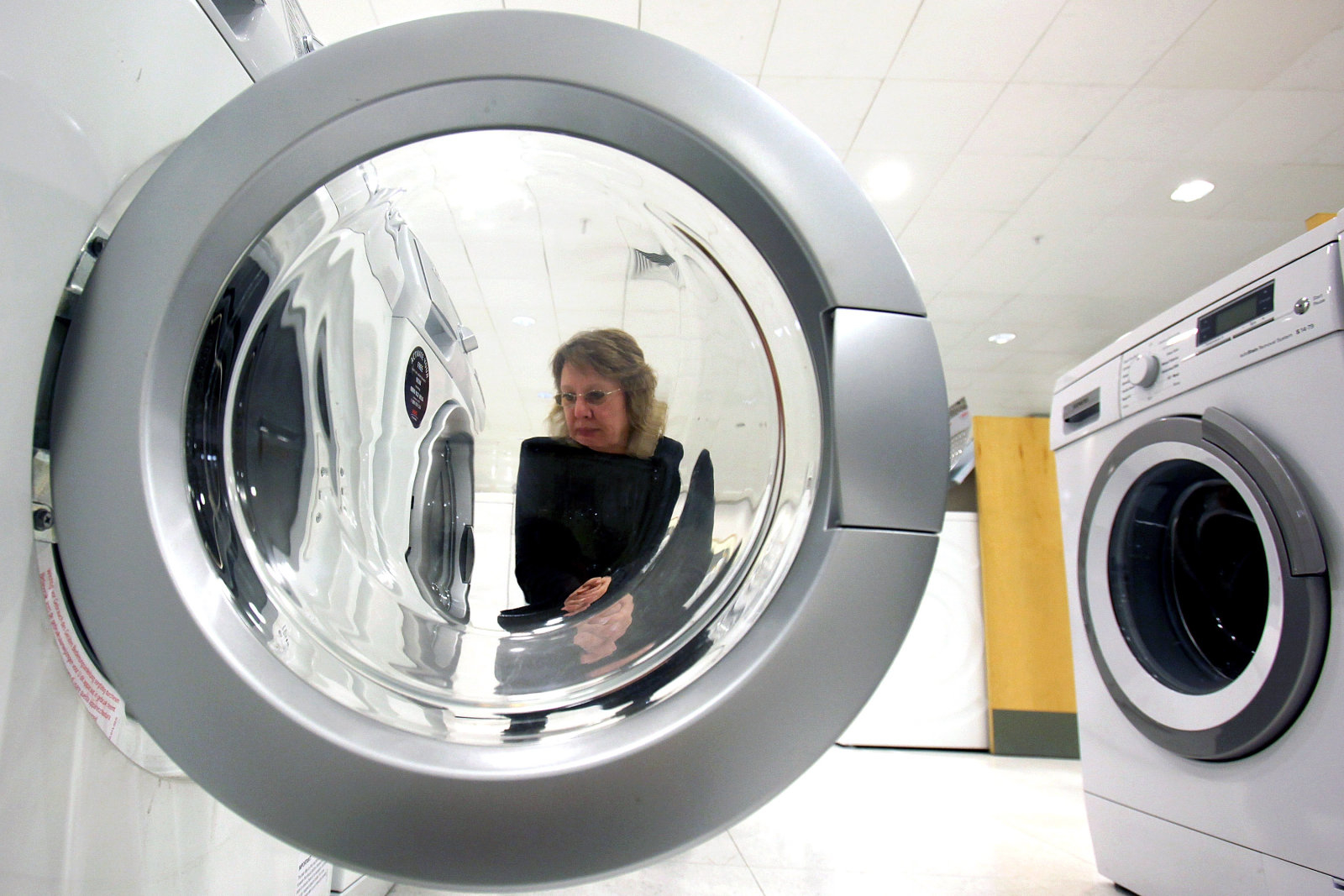
Startups like Airbnb and Uber have created an unprecedented peer-to-peer marketplace that’s sending shockwaves through multiple industries. By serving each other, consumers are essentially cutting out the middleman – a hotel chain or taxi service, for example – while offering better service that’s more authentic / more convenient / more comfortable / cheaper and so on.
Given the early success of such startups, it’s no surprise that entrepreneurs and even existing companies are scrambling to try and find other industries or activities they can upend using this newfound peer-to-peer model.
Such is the case with Electrolux, a Swedish home appliance maker that’s experimenting with the idea of creating an “Uber for laundry” service.
According to the Financial Times (via Engadget), the scheme would allow people to wash their clothes at someone else’s house. Connected machines would likely play a role in the service although exactly how so isn’t yet known.
Electrolux, as you may remember, is the company that launched a camera-equipped smart oven last year.
Indeed, there are more questions than answers at this stage. For example, who is liable if your clothes are damaged in someone else’s machine? Furthermore, do you just hang around a stranger’s house and wait for your clothes to finish drying? Or, what happens if you somehow damage someone’s washing machine or dryer while cleaning your clothes?
Props to Electrolux for thinking outside of the box although personally, I’m not yet convinced that renting out your washer and dryer is the next big peer-to-peer success story.
Image courtesy Simon Dawson, Getty Images
https://www.techspot.com/news/67225-uber-like-laundry-machine-sharing-next-big-peer.html